DARPA
-
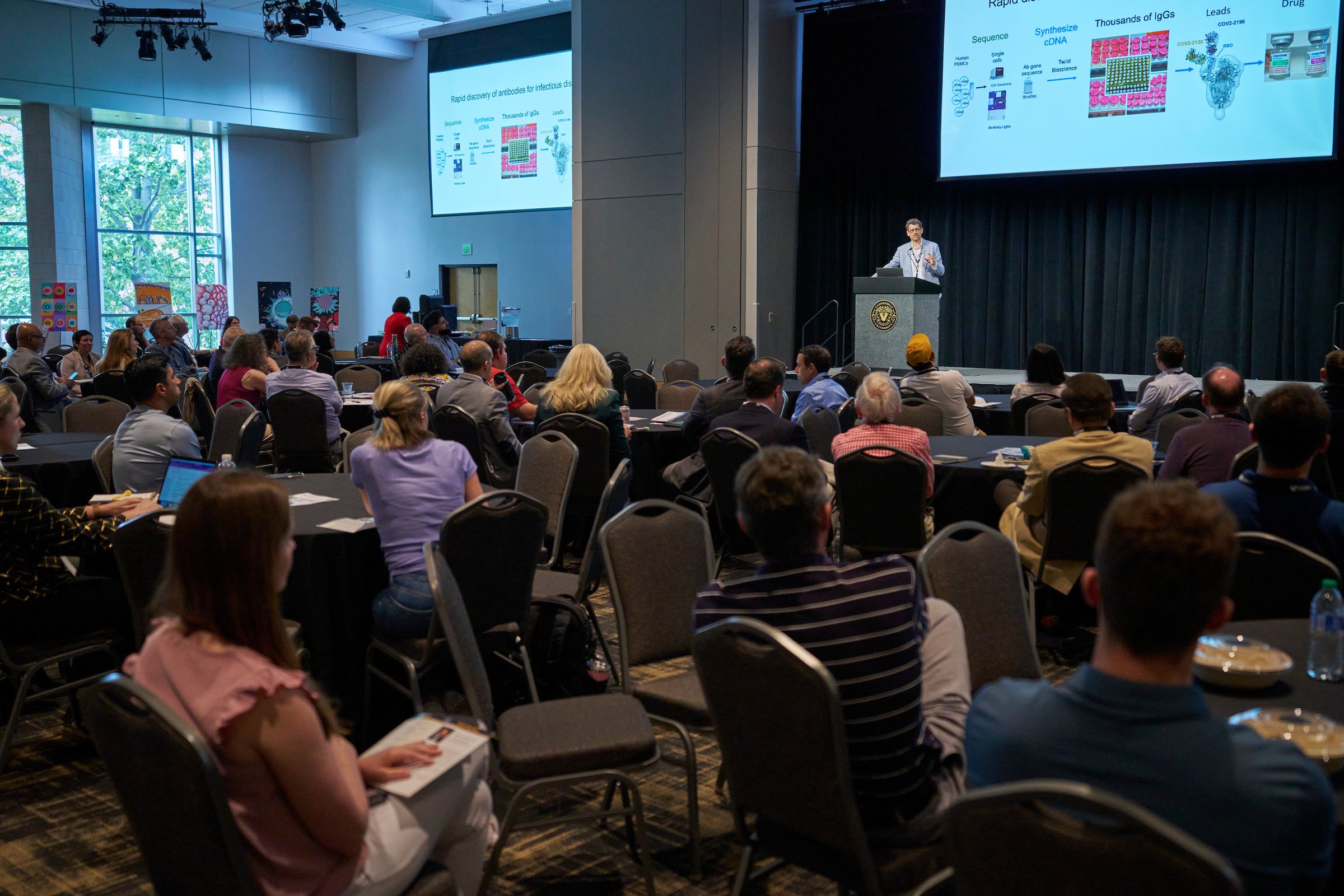
Vanderbilt’s Life Science Showcase focuses on cutting-edge infectious disease research
Infectious diseases pose a significant global health challenge, accounting for a substantial proportion of deaths worldwide, according to recent data from the World Health Organization. Vanderbilt’s Life Science Showcase: Advancing Innovation in Infectious Diseases held on July 18 emphasized the vital importance of advancing research and innovation to combat these persistent threats. Read MoreJul 23, 2024
-

Vanderbilt team leads $6.89 million DARPA grant to train cyber agents against attacks
Daniel Balasubramanian, a senior research scientist at Vanderbilt’s Institute for Software Integrated Systems, will lead a four-year $6.89 million grant from the Defense Advanced Research Projects Agency to create realistic network environments used to train cyber agents to counter advanced and persistent cyber threats. Read MoreDec 14, 2023
-

Vanderbilt team leads $6.89 million DARPA grant to train cyber agents against attacks
Daniel Balasubramanian, a senior research scientist at Vanderbilt’s Institute for Software Integrated Systems, will lead a four-year $6.89 million grant from the Defense Advanced Research Projects Agency (DARPA) to create realistic network environments used to train cyber agents to counter advanced and persistent cyber threats. Estimates have placed the cost of global cybercrime as high... Read MoreDec 12, 2023
-

Vanderbilt team leads $6.89 million DARPA grant to train cyber agents against attacks
Daniel Balasubramanian, a senior research scientist at Vanderbilt’s Institute for Software Integrated Systems, will lead a four-year $6.89 million grant from the Defense Advanced Research Projects Agency (DARPA) to create realistic network environments used to train cyber agents to counter advanced and persistent cyber threats. Estimates have placed the cost of global cybercrime as high... Read MoreDec 12, 2023
-

Vanderbilt engineer leads DARPA project to enable AI machines to gain, share knowledge
Kolouri wins $1M DARPA grant to investigate AI cooperative lifelong learning A Vanderbilt engineering professor is leading part of an international initiative to create advanced artificial intelligence programs that will enable machines to learn progressively over a lifetime and share those experiences with each other. Researchers hope the technology will allow machines to reuse information,... Read MoreDec 2, 2021
-

Possible COVID-19 “decoy”
It might be possible to use vesicles carrying the receptor for SARS-CoV-2, the virus that causes COVID-19, to bind the virus and prevent infection. Read MoreOct 15, 2020
-

$8.7 million DARPA grant advances AI-assisted CPS design work
A new, $8.7 million project—Design. R–AI-assisted CPS Design—involves pathbreaking work for the Defense Advanced Research Projects Agency as future cyber-physical systems will rely less on human control and more machine learning algorithms and artificial intelligence processors. Read MoreOct 4, 2020
-
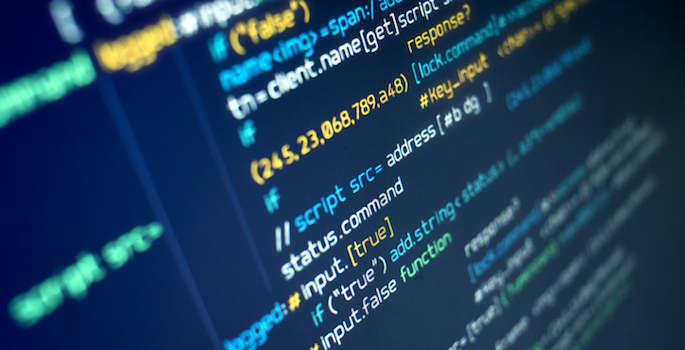
Rewriting the evolution of complex software systems
All software is not created equal. At one end are apps on a smartphone and consumer-facing programs for which periodic updates to fix bugs and security issues are routine, like replacing an air conditioning filter or getting an annual flu shot. At the other end are large, complex software systems such as software used in... Read MoreAug 20, 2020
-
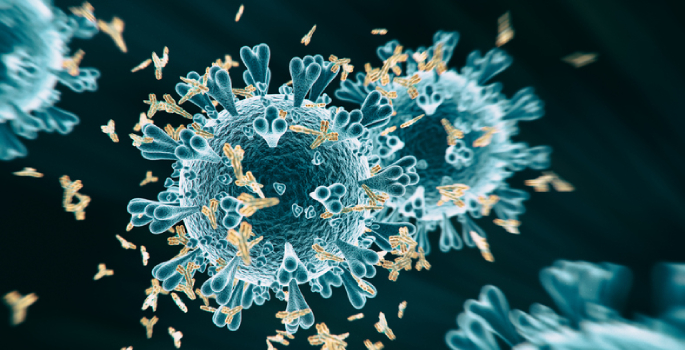
Antibody research at Vanderbilt University Medical Center shows promise in fight against COVID-19
Based on positive results in preclinical studies reported today, potently neutralizing antibodies identified by researchers at Vanderbilt University Medical Center are showing promise as a potential therapy for preventing and treating COVID-19. Read MoreJul 15, 2020
-

Antibodies eye Pacific Island “fever”
Vanderbilt Vaccine Center team isolates monoclonal antibodies against the mosquito-borne Ross River virus, which causes rash, fever and debilitating muscle and joint pain lasting three to six months. Read MoreMay 14, 2020
-
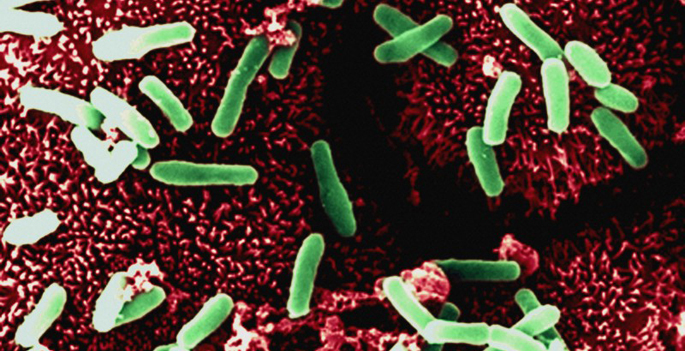
New method tested to block chikungunya infection
Scientists are testing a new way to fight chikungunya virus that involves injecting genetic material into the bodies of infected and at-risk individuals to trigger rapid production of potent, virus-neutralizing antibodies. Read MoreJun 14, 2019
-

New way to stimulate learning?
Stimulating the vagus nerve triggers certain epigenetic changes involving learning and memory. Read MoreMar 14, 2019
-

Vanderbilt team wins $750K with AI to manage RF spectrum
Scientists at Vanderbilt's Institute for Software Integrated Systems have developed an award-winning AI to to help triage limited radio frequency demands in real time. Read MoreFeb 7, 2019
-
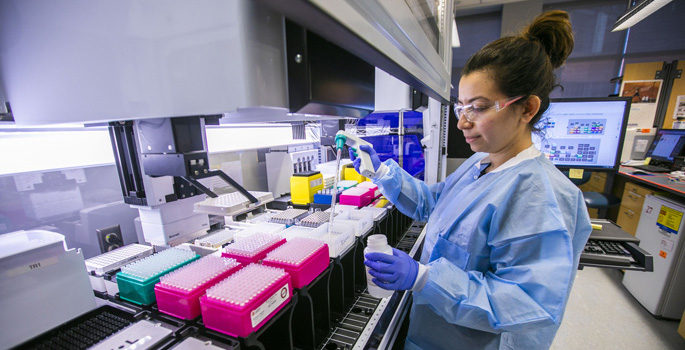
VUMC scientists ‘sprint’ to find anti-Zika antibodies
Scientists at Vanderbilt University Medical Center and colleagues in Boston, Seattle and St. Louis are racing to develop — in a mere 90 days — a protective antibody-based treatment that can stop the spread of the Zika virus. Read MoreJan 25, 2019
-
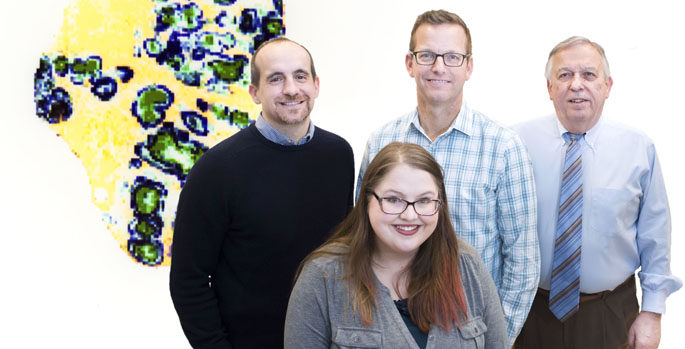
New imaging approach offers unprecedented views of staph infection
A new integrated imaging approach makes it possible to probe the molecules involved in invasive infections and can be broadly applied to any health or disease state. Read MoreMar 15, 2018
-
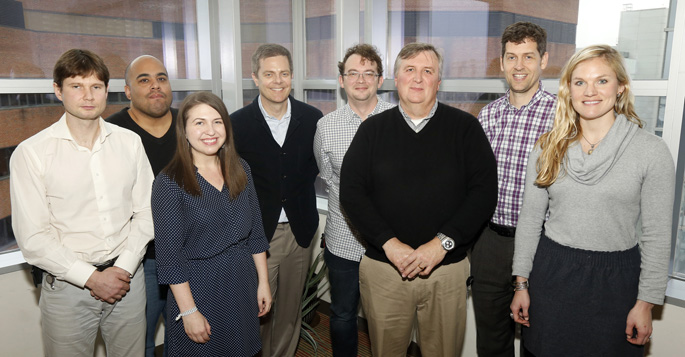
VUMC joins national effort to block global pandemics of potentially lethal viruses
The U.S. Defense Advanced Research Projects Agency (DARPA) has signed a five-year cooperative agreement worth up to $28 million with Vanderbilt University Medical Center (VUMC) to develop methods for preventing the global spread of viruses like chikungunya and Zika. Read MoreJan 11, 2018
-
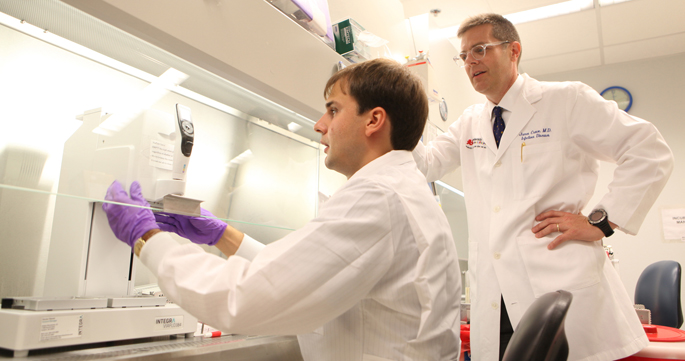
VU joins national effort to speed Ebola therapy testing
Vanderbilt University researchers have joined a multi-center effort led by Pennsylvania-based Inovio Pharmaceuticals Inc. to accelerate development of potential antibody therapies against the often-lethal Ebola virus. Read MoreApr 8, 2015
-

Vanderbilt’s neurovascular chip project moves into new phase
Vanderbilt researchers will play a key role in the second phase of the federal "tissue chip for drug screening" program. Read MoreNov 18, 2014
-
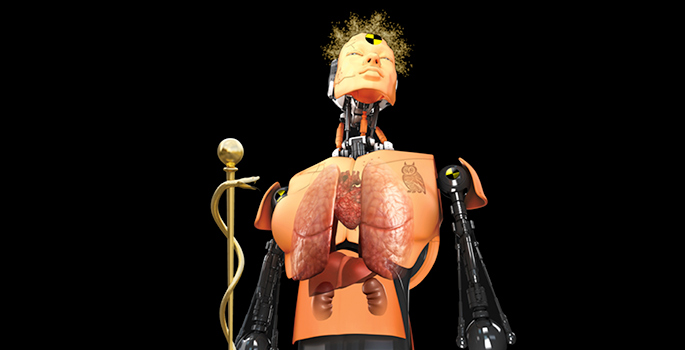
Significant progress toward creating “benchtop human” reported
Vanderbilt physicist John Wikswo reported significant progress toward creating “homo minutus” – a human-on-a-chip that can be used to test drugs and toxins – on Mar. 26 at the Society of Toxicology meeting in Phoenix. Read MoreMar 27, 2014
-

FoxNews.com: Researchers work to secure military smartphones
Soldiers in Afghanistan are experimenting with smartphones engineered to better protect operational data designed by scientists at Vanderbilt University’s Institute for Software Integrated Systems. Douglas Schmidt, professor of computer science, is quoted. Read MoreFeb 13, 2014